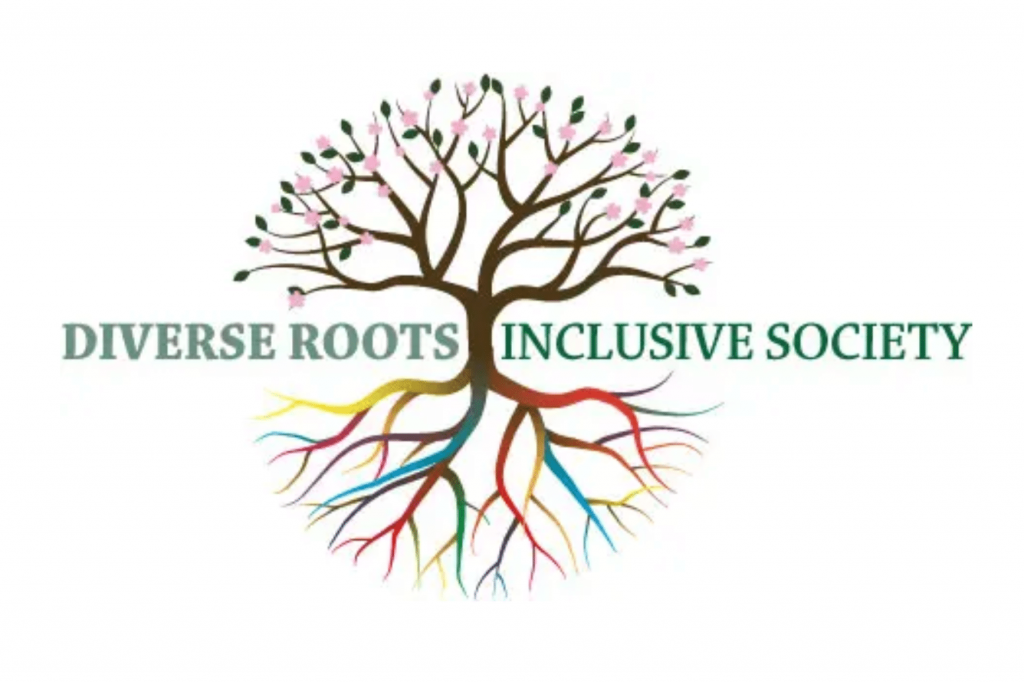JCIE held the 4th Networking Conference as part of the Diverse Roots and an Inclusive Society (SYDRIS) Initiative to explore what kind of collaboration should be established with government and civil society organizations (CSOs) in order to promote projects that reflect the perspectives of the stakeholders, namely young people with foreign roots living in Japan and their families. The meeting had around 30 participants, including SYDRIS stakeholders who were joined by representatives of the Sumitomo Corporation and officials from the Japan Network for Public Interest Activities, both of which have been providing support to nonprofit organizations as part of a partnership initiative with JCIE.
Miho Kobayashi of the International Education Division of the Ministry of Education, Culture, Sports, Science and Technology of Japan (MEXT) opened with a lecture on the theme of “The Current Situation and Challenges Regarding Education for Foreign Students.” Ms. Kobayashi introduced various measures implemented by MEXT in response to such issues as the diversification of students in need of Japanese language instruction, the increasing settlement and dispersion of foreign students in Japan, and low school attendance rates. She also shared that MEXT is encouraging local governments and CSOs to utilize such measures as the “Project to Support the Promotion of Education for Foreign-Born and Returnee Students,” and shared examples of how local governments and CSOs are working together to create support systems in schools and communities. In the Q&A session that followed, participants exchanged thoughts on changes in government budgets for projects concerning youth of diverse roots, the disparities between different regions and schools, as seen in places where MEXT’s measures have not been widely utilized, and the promotion of collaboration between local governments and CSOs, as well as clarification on their roles in the community.
In the second part of the conference, Mamiko Masuda of the Japanese Language Division of the Agency for Cultural Affairs spoke on the theme of “Collaboration on Japanese Language Education for Youth of Diverse Roots and Their Families: Efforts in Japanese Language Education for ‘Foreigners as Ordinary Citizens.'” Ms. Masuda discussed the current situation, such as the decrease in the number of Japanese learners, presumably due to the effects of the COVID-19 pandemic, the suspension of Japanese language classes, and issues surrounding the teaching staff, most of whom are volunteers or part-time workers. She explained that the “Act for the Promotion of Japanese Language Education” was passed in June 2019, with the responsibility of the national government and local governments outlined in the “Basic Policy for the Promotion of Japanese Language Education.” Based on this, Ms. Masuda then shared examples of local governments formulating basic plans for Japanese language education and collaborating with Japanese language schools, NPOs, companies, etc. A Q&A session with Ms. Masuda followed, and participants discussed the differences between MEXT and the Agency for Cultural Affairs, the potential for local civil society project proposals, the disparity of Japanese language education in institutions such as private high schools and schools for foreign students, and so on.
Based on the discussion in the earlier parts of the conference, in the final session, the organizations presented ideas and concrete proposals for national policies.

